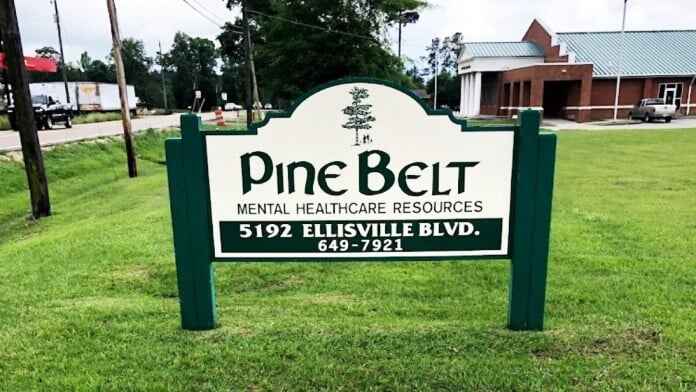About Pine Belt Mental Healthcare Resources – Laurel
Pine Belt Mental Health Care Resources, based in Laurel, Mississippi, provides a range of integrated services for substance use disorders and mental health challenges. They focus on offering an environment where those needing addiction and co-occurring mental health care can heal from burdens and traumas they have dealt with in the past.
For patients who have been battling with substance abuse, Pine Belt offers a structured path that begins with assessment and evaluation. This first step is vital in the process because it allows the care team to know how severe the addiction is and if other mental health issues need treatment. From there individuals might be stepped up to either intensive outpatient programs (IOP) or to residential treatment at their nearby inpatient facility.
At Pine Belt, substance abuse programs are built on evidence-based therapies such as cognitive behavioral therapy (CBT) and motivational interviewing. They are designed to help participants battle thoughts or behaviors that reinforce the cycle of addiction.
Another good service offered at the clinic is their group therapy which allows patients to share some of their recovery experiences with others and offer support to each other. Family therapy is also available to clients and their loved ones to repair broken relationships and build that crucial supportive base necessary for successful, long-term recovery.
If you have a dual diagnosis, they provide comprehensive care that treats the addiction and co-occurring issues simultaneously. For personal struggles, they offer programs for depression, anxiety, bipolar disorder and schizophrenia.
Treatment often combines pharmacotherapy and psychotherapy. The hybrid approach is beneficial because it helps treat mental health symptoms while also ensuring that patients have the tools necessary to remain sober.
Pine Belt knows the power of aftercare. Following a formal treatment program, patients may be linked to aftercare services like counseling, support groups and relapse prevention planning. This provides patients with ongoing support following structured treatment provisions.


